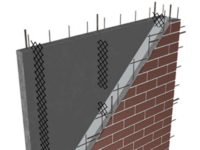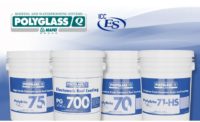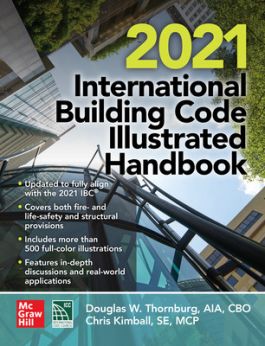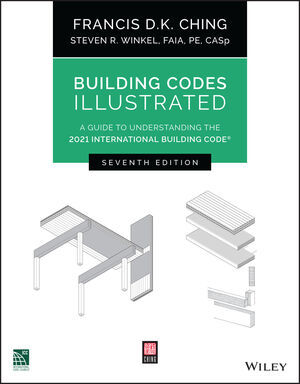PAC-CLAD Roof Products Receive ICC-ES Code Compliance
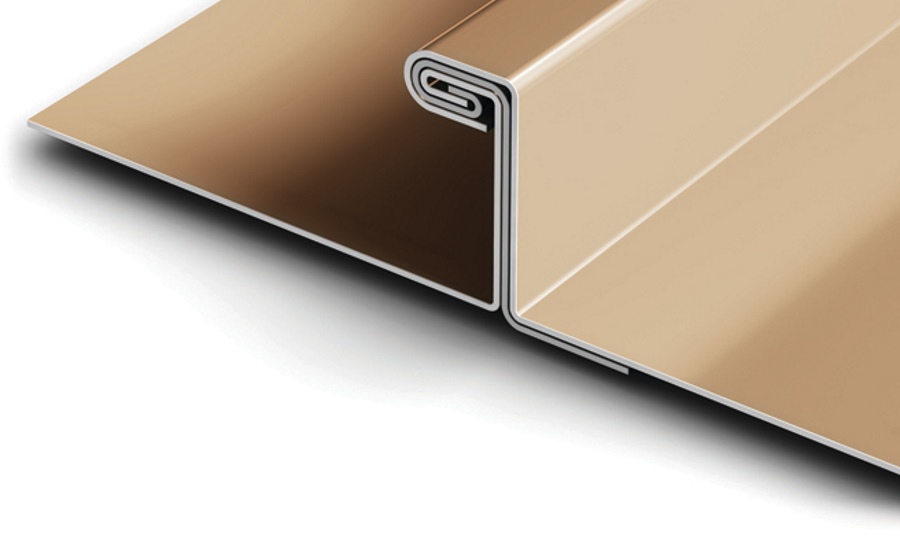
Four of Petersen’s PAC-CLAD metal standing seam roof systems are included in a new ICC Evaluation Service report. The ICC-ES Evaluation Report ESR-4173 provides independent verification that Snap-Clad, Tite-Loc, Tite-Loc Plus and PAC-150 180° double-lock standing seam roof panels meet the fire classification and wind uplift resistance requirements of the International Building Code, International Residential Code, California Building Code and California Residential Code.
ICC-ES Evaluation Reports are used by building officials, architects and contractors as a basis for specifying or approving PAC-CLAD metal standing seam roof systems in construction projects that conform to the IBC, IRC, CBC and CRC. The report proves that ICC-ES thoroughly examined Petersen’s PAC-CLAD roof panels to ensure the products are code-compliant.
“The ICC-ES report provides specifiers, architects and contractors with a broader scope of projects they can specify or bid utilizing Petersen’s PAC-CLAD standing seam roof panels,” said Josh Jacobi, national manager, technical services for Petersen. “With the opening of the PAC-CLAD facility in Phoenix and our desire to increase our presence in the Western United States, the ICC-ES Evaluation Report is critical to securing architectural specification of our roof panels in California and other Western states. Without this report, the amount of projects we could pursue is dramatically reduced, which would have placed limitations on our growth in this region of the United States.”
An ICC-ES Evaluation Report provides information about which code requirements or acceptance criteria were used to evaluate the product, how the product should be installed to meet the requirements, how to identify the product, and more. The reports are intended to safeguard the built environment and make the building official’s job easier when approving products for installation.
ICC-ES evaluates building products per various code requirements through ICC-ES Acceptance Criteria and code-referenced consensus standards. Evaluations address performance characteristics such as structural, seismic and fire resistance. Holding an ICC-ES Evaluation Report proves a manufacturer’s building product or system has undergone a rigorous technical and manufacturing quality evaluation conducted by ICC-ES staff. The ICC Evaluation Service is a member of the ICC family of companies and is a nonprofit, limited liability company.
Looking for a reprint of this article?
From high-res PDFs to custom plaques, order your copy today!



